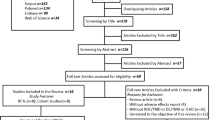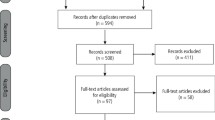
Overview
- First book to address botulinum toxin in dentistry and veterinary medicine
- Contains up-to-date research on botulinum toxin treatment in pre- and post- surgery
- Appeals to many disciplines including surgery, dentistry and veterinary medicines well as appealing to neurologists and internists.
Buy print copy
About this book
All books on the market which have been written on the subject of botulinum toxin therapy focus on treatment of hyperactive movement disorders, autonomic dysfunction (bladder, sweat and salivary glands) and some pain indications (migraine). Reference to pre-or post -surgical indications are brief and often out-dated. No book has information on dentistry or veterinary medicine. This book provides up-to-date information on botulinum toxin therapy in surgical fields. It is also the only book in the market that provides information on botulinum toxin therapy in dentistry and veterinary medicine, furnishing the latest information. Botulinum Toxin Treatment in Surgery, Dentistry, and Veterinary Medicine appeals to many disciplines including surgery, dentistry and veterinary medicines well as appealing to neurologists and internists.
Similar content being viewed by others
Keywords
Table of contents (18 chapters)
-
Front Matter
-
Back Matter
Editors and Affiliations
About the editor
Bibliographic Information
Book Title: Botulinum Toxin Treatment in Surgery, Dentistry, and Veterinary Medicine
Editors: Bahman Jabbari
DOI: https://doi.org/10.1007/978-3-030-50691-9
Publisher: Springer Cham
eBook Packages: Biomedical and Life Sciences, Biomedical and Life Sciences (R0)
Copyright Information: Springer Nature Switzerland AG 2020
Hardcover ISBN: 978-3-030-50690-2Published: 07 October 2020
Softcover ISBN: 978-3-030-50693-3Published: 08 October 2021
eBook ISBN: 978-3-030-50691-9Published: 06 October 2020
Edition Number: 1
Number of Pages: VIII, 398
Number of Illustrations: 10 b/w illustrations, 60 illustrations in colour
Topics: Pharmacology/Toxicology, Surgery, Dentistry, Veterinary Medicine/Veterinary Science, Neurology, Surgical Orthopedics



